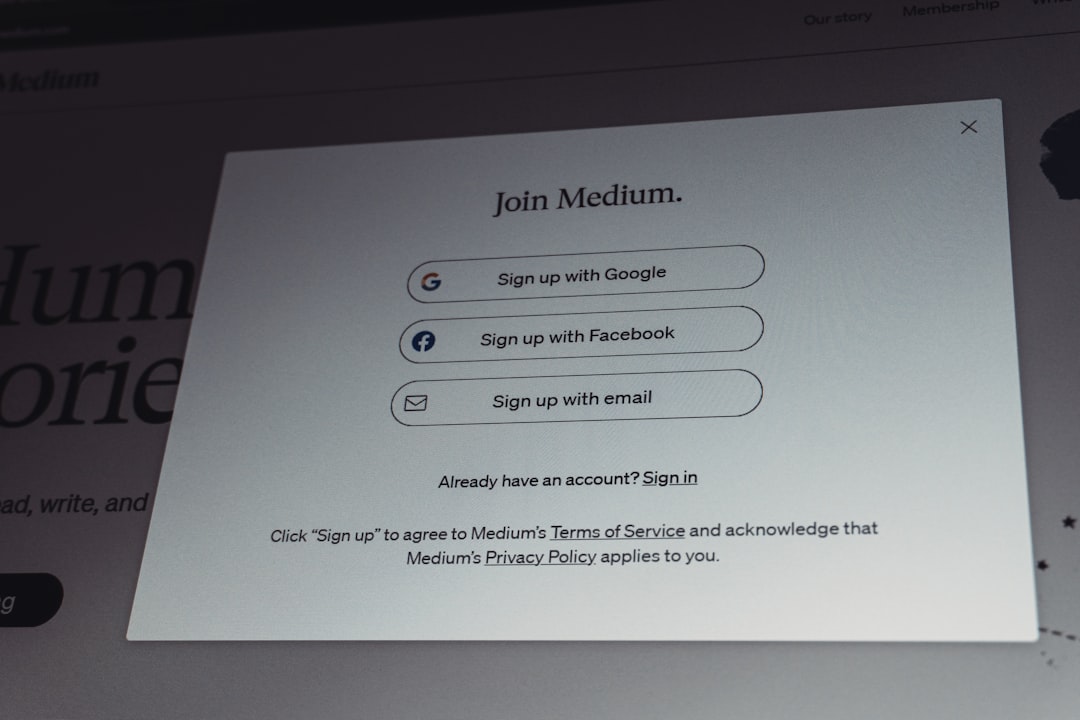Every website needs a little green lock. It shows your visitors that you’re trustworthy. That your site is safe. That their data won’t disappear into the hands of hackers. All thanks to something called an SSL certificate.
But here’s the twist — not all SSL certificates are created equal. AND not all issuers (Certificate Authorities, or CAs) are the same. Some offer basic protection for free. Others provide enterprise-level encryption. Some are fast. Others are super detailed.
So which one is best for you? Let’s break it down!
What Does an SSL Certificate Do?
An SSL certificate protects the data sent between a user’s browser and your website. It turns http:// into https:// and adds the tiny padlock icon in the address bar.
It keeps things like passwords, credit card numbers, and contact forms secure. It also helps you rank better on search engines. Yep — Google loves secure sites!
There are three main types of SSL certificates:
- DV (Domain Validated): Basic & fast. For blogs or small websites.
- OV (Organization Validated): Verified business SSL. Useful for company sites.
- EV (Extended Validation): Top-tier. Adds extra trust indicators, like showing your company name next to the URL.
Now, let’s meet the top players in the SSL game.
Top SSL Certificate Issuers (CAs) – Compared
1. Let’s Encrypt — Best for Free SSL
Price: Free
Why You’ll Love It: It’s open-source! Automated! And free forever!
This one’s perfect for:
- Bloggers
- Small businesses
- Anyone who wants quick and easy basic encryption
There’s a catch: Let’s Encrypt only offers DV certificates. No fancy OV or EV here. But it’s fine for most cases.
2. DigiCert — Best for Enterprise-Level Sites
Price: $$$ (Premium)
Why You’ll Love It: Super strong encryption. Top-trusted brand. Tons of management tools.
DigiCert is used by banks, healthcare providers, and big tech companies. It offers:
- DV, OV, and EV SSL options
- Wildcard & multi-domain SSL
- Highest browser compatibility
It’s pricey, yes. But it’s powerful.
3. GeoTrust — Great Balance of Price and Features
Price: Moderate
Why You’ll Love It: Great for growing businesses. Affordable, reliable, and scalable.
GeoTrust offers all types of SSLs, including EV. Setup is fairly easy and support is excellent. Plus, it plays well with most browsers and devices.
Top features include:
- Domain and Organization validation
- Warranty protection
- Fast issuance time
4. Sectigo (formerly Comodo) — Giant But Affordable
Price: Budget Friendly
Why You’ll Love It: One of the most widely issued SSL Certificate brands worldwide. Tons of choices, low prices.
Sectigo offers:
- DV, OV, and EV certificates
- Wildcard, multi-domain, and even code-signing SSLs
- 24/7 support & optional malware scanning
It’s ideal if you’re managing multiple domains or subdomains and want all-in-one protection.
5. GlobalSign — For High Volume Businesses
Price: Higher, but scalable
Why You’ll Love It: Strong performance, eco-friendly operations (really!), and great API integrations.
GlobalSign targets companies with high security needs and many digital assets. Its strongpoints:
- Strong root certificate
- Fast issuance for OV & EV
- Robust tools for certificate lifecycle management
6. GoDaddy — Popular With Beginners
Price: Mid-range
Why You’ll Love It: If your domain is already with GoDaddy, setup is super, super easy.
GoDaddy’s SSL comes with all the bells and whistles you’d expect:
- DV, OV, and EV certificates
- 24/7 support
- Strong warranty options
The drawback? It’s not the cheapest, and most “extras” cost more. But it’s user-friendly for first-time website owners.
7. Thawte — Affordable EV SSL
Price: Competitive
Why You’ll Love It: Especially good for international websites and eCommerce stores.
Thawte has a great reputation for strong validation processes and multilingual support. It is owned by DigiCert, which means strong infrastructure backing.
Features include:
- Global browser support
- Quick issuance times
- Extended validation available

Picking the Right SSL – What Really Matters?
Now that you’ve met the big names, how do you choose?
Ask yourself:
- What kind of website do I run? Blog? E-commerce? Corporate?
- Do I need domain, organization, or extended validation?
- How much can I spend? Free, budget, or premium?
- Do I manage just one domain, or many?
If you’re a beginner: Go with Let’s Encrypt or GoDaddy. Simple setup.
If you run a growing business: Check out GeoTrust or Sectigo.
If you’re handling sensitive data: Go advanced – DigiCert or GlobalSign would be ideal.
Bonus Tips
- Renewal Dates Matter: Keep an eye on expiry. Expired SSL = scary warnings to your visitors.
- Watch for Warranty: Some SSLs come with financial protection if something goes wrong.
- Choose Wildcard if Needed: Protect all subdomains under one certificate.
- Multi-Domain (SAN) Options: Run many sites? Look for flexible SSLs with SAN support.
Final Thoughts
Having an SSL is no longer optional. Whether you’re selling socks or blogging about your cats, Google demands it. Your visitors expect it.
Start small, or start strong — just start safe. Your website deserves it. 😊
In 2024, the options are endless. Free or premium, basic or bulletproof — there’s an SSL certificate out there with your name on it.
Invest in the right certificate and give your visitors the peace of mind they deserve!
